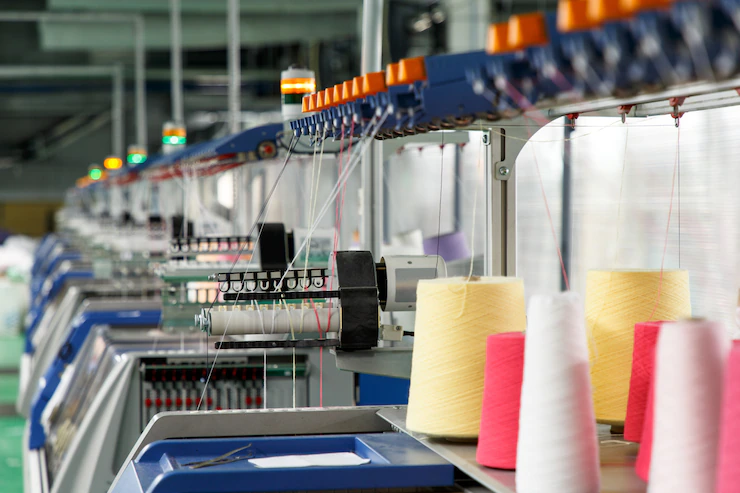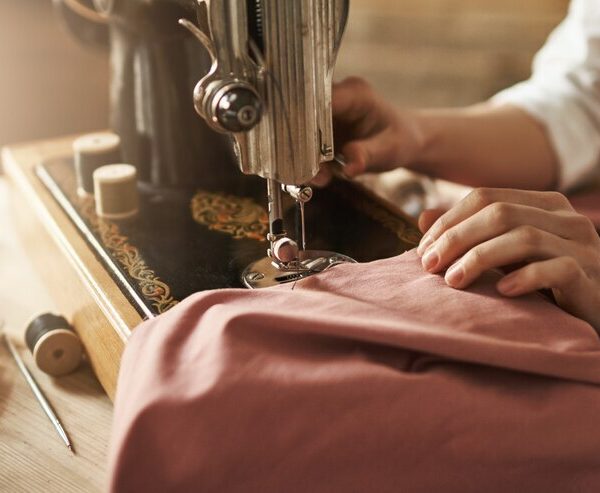In India, the fashion business is increasingly broadening day by day which is rapidly developing middle class and a formidable manufacturing sector. These factors, together with the country’s strong economic fundamentals and expanding technological sophistication, make India far too crucial for worldwide businesses to overlook. After the automobile and technology industries, the garment industry is said to be the world’s third largest manufacturing industry.
With the manufacturing and economic growth, throughout the investigation, concerns have been expressed that the present ‘quick fashion’ business model encourages excessive consumption and waste. According to some clothing Sustainability Research Group, it requires a high throughput of clothing and is based on a linear economy. These are low-cost clothing geared towards customers who wish to update their wardrobe on a regular, trend-driven basis.
They are available for a small fee. Many are not constructed of single-fiber materials and are therefore unrecyclable.
Luxury boutiques such as Louis Vuitton, which releases limited collections every two weeks, are following suit. ‘Fast luxury’ is a term used to describe a product that is delivered quickly. Many of our witnesses criticised this fast fashion business model for encouraging overconsumption, the creation of disposable clothing, and excessive waste because the value of much fast fashion clothing is low, not only financially but also emotionally. With online shopping making it so easy to buy everything you want at the touch of a button, now is a good time to discuss one of the dark sides of this: fast fashion’s harmful effects like textile waste, carbon emissions, water pollution, public health hazards and exploitative labour practices. These issues generated from fast fashion should be addressed soon. Eco-design concepts should be incorporated into the Resources and Waste plan, as well as incentives for design for recycling, disassembly, and durability. It should also establish a new investment fund to boost recycled fibre markets.
We require new fashion economic models centred on decreasing the material consumption associated with growth. The government should look into ways to assist the sharing economy. To assist ethical businesses, the Chancellor should use the tax system to adjust the incentives in favour of reuse, repair, and recycling. Clothing retailers must bear the social and environmental costs of their products. They should utilise their buying power to pressure suppliers to meet higher environmental and labour standards. Offering rental programmes, lifelong repair, and offering greater information to consumers about the sourcing and true cost of clothing are all methods that can be more extensively implemented. Shifting business practises in this way can help a company not only reduce its environmental and social effect, but also gain a competitive advantage as consumers demand more responsible, sustainable clothes.




